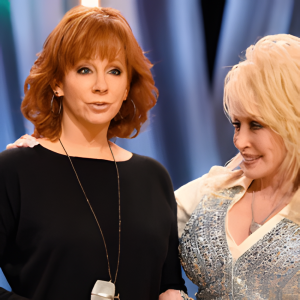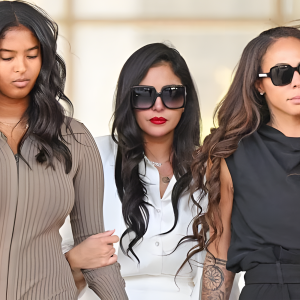In a headline-grabbing legal move, actress and activist Alyssa Milano has filed a $400 million lawsuit against tech billionaire Elon Musk, alleging that his behavior—particularly on social media—has led to the downfall of her career and a personal financial crisis.
Milano, best known for her roles in hit TV series like Charmed and Who’s the Boss?, claims that Musk’s actions have directly harmed her reputation and disrupted her ability to secure work in Hollywood. Once a fixture in both television and activism, Milano says her professional opportunities have dwindled, and she attributes much of this downturn to Musk’s influence and online conduct.

The Allegations
The core of Milano’s lawsuit centers on Elon Musk’s activity on Twitter (now X), the platform he owns and frequently uses to share unfiltered commentary. Milano argues that Musk has weaponized his massive online presence, encouraging a hostile environment that amplified harassment against her and diminished her public image.
As a vocal advocate for progressive causes, Milano has often expressed political opinions that contrast with Musk’s libertarian-leaning stance. According to her complaint, Musk’s indirect encouragement of backlash from his followers has led to reputational damage, lost acting roles, withdrawn endorsements, and missed business opportunities.
Milano claims these professional losses have spiraled into a serious financial crisis—one she blames on Musk’s actions and the ripple effects of his online behavior.
Legal and Public Implications

This high-stakes lawsuit highlights broader questions about the responsibilities of influential figures on social media and the potential legal consequences of digital conduct. Milano’s legal team is expected to present evidence of reputational harm and emotional distress, while Musk’s attorneys are likely to invoke First Amendment protections and deny any deliberate targeting of the actress.
The case is poised to become a pivotal moment in the intersection of celebrity, social media, and legal accountability. As the battle unfolds, it could shape how courts interpret online influence, digital harassment, and the boundaries of personal responsibility in the age of social media.
What’s Next?
While the outcome remains uncertain, Milano’s lawsuit has already sparked intense public debate. It raises key questions: Can public figures be held liable for the actions of their followers? Where is the line between free speech and targeted harm? And how should the legal system adapt to the realities of online life?
Alyssa Milano’s demand for $400 million in damages underscores the gravity of her claims—and the potential precedent this case could set for future disputes involving digital influence and reputational harm.





